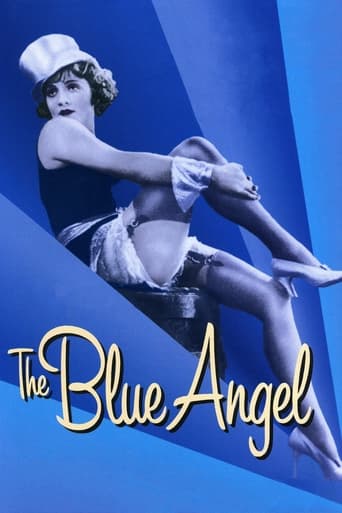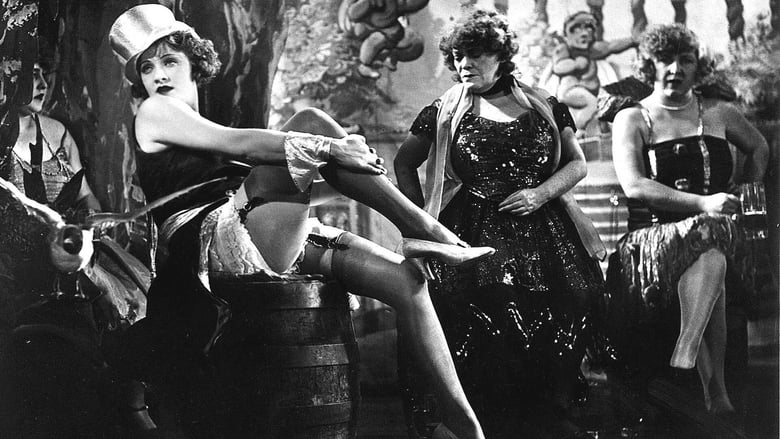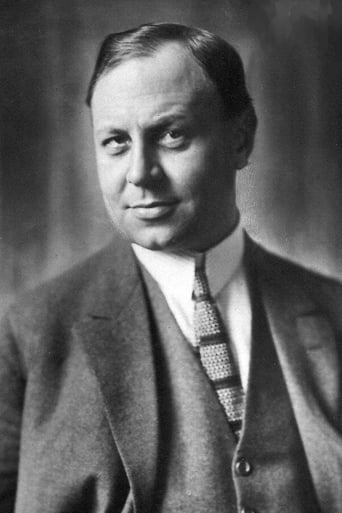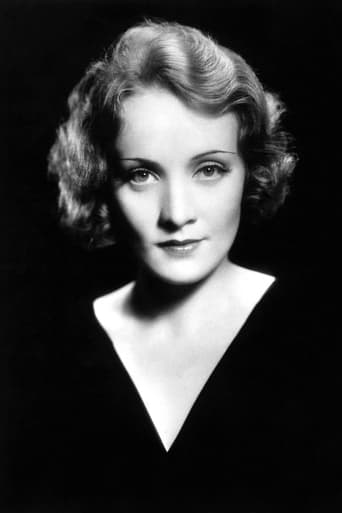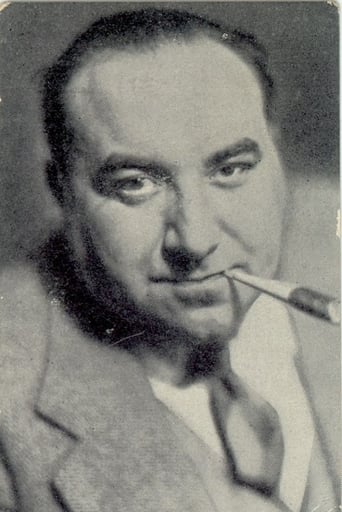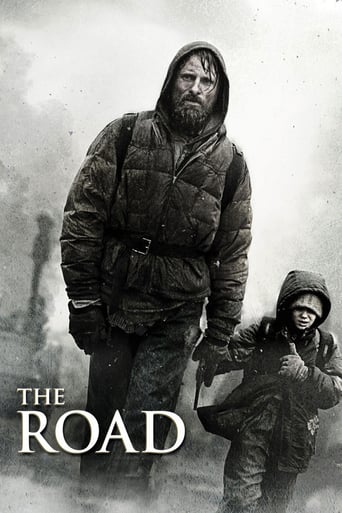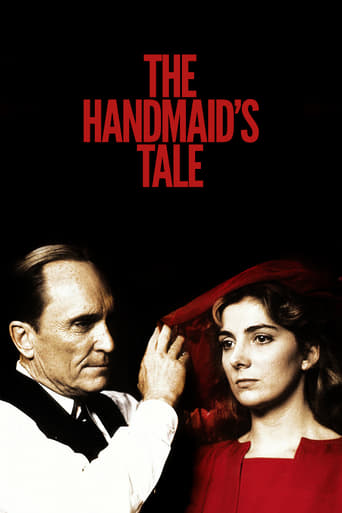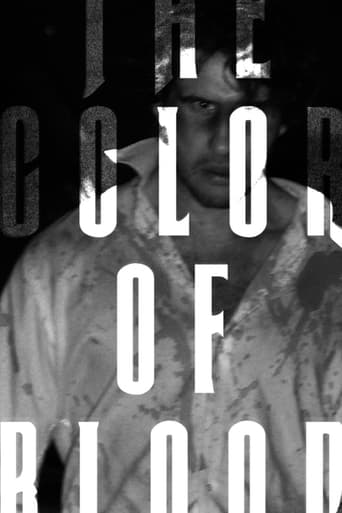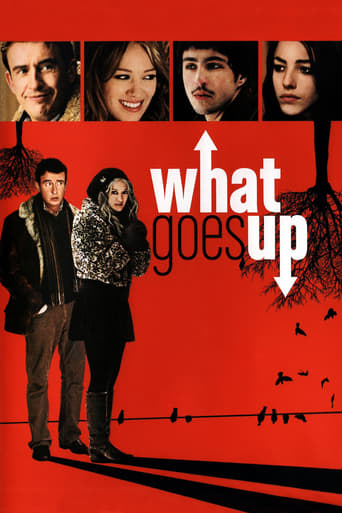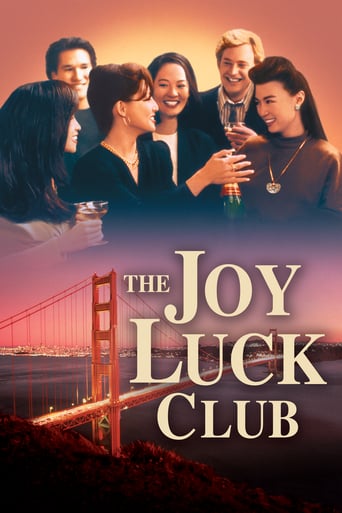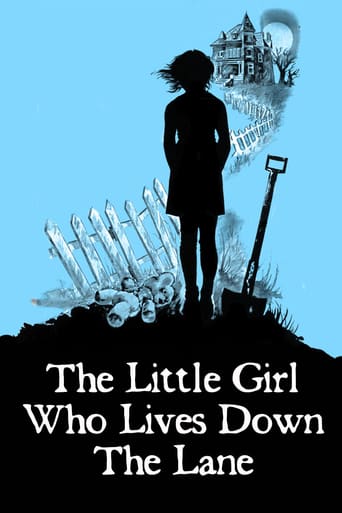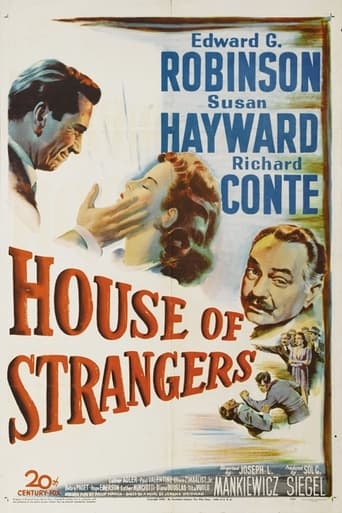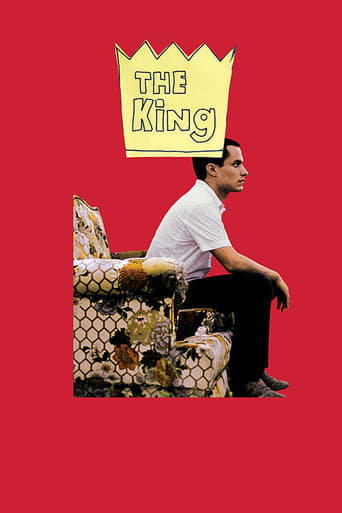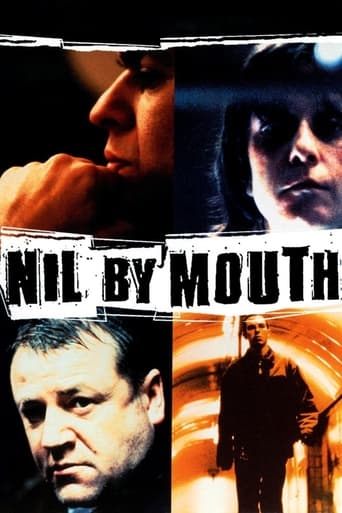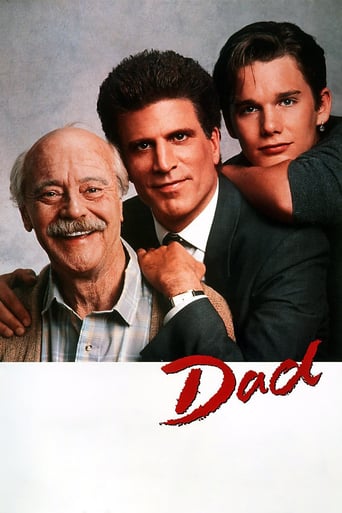The Blue Angel (1930)
Prim professor Immanuel Rath finds some of his students ogling racy photos of cabaret performer Lola Lola and visits a local club, The Blue Angel, in an attempt to catch them there. Seeing Lola perform, the teacher is filled with lust, eventually resigning his position at the school to marry the young woman. However, his marriage to a coquette -- whose job is to entice men -- proves to be more difficult than Rath imagined.
Watch Trailer
Cast


Similar titles
Reviews
The Worst Film Ever
One of my all time favorites.
Fun premise, good actors, bad writing. This film seemed to have potential at the beginning but it quickly devolves into a trite action film. Ultimately it's very boring.
Good films always raise compelling questions, whether the format is fiction or documentary fact.
Marlene Dietrich's breakout film from 1930, and the first of her legendary seven films with director Josef von Sternberg, is probably rightfully considered required viewing for the cinephile. She plays a world weary, jaded performer at 'The Blue Angel' cabaret, and one day is visited by a professor (Emil Jannings) who is trying to catch his students in the act of being there. Dietrich is mesmerizing, with a sexuality muted by her ennui, but alive in her mirthful eyes. She wears a top hat and outfits that generously flaunt her legs, and apparently her look was inspired by the artist Felicien Rops. We get the sense that Jannings has a good heart in an early scene where he whistles to his pet bird, but he's also pedantic and we can see why he's openly mocked by his students. When one is caught in the cabaret and says they are there for the same reasons he is, he explodes in anger, but we see his hypocrisy, and it's hard to completely empathize with him. I suppose that's one of things that take away from the film for me - the main characters are not all that likeable. The other is the unpleasantness of the main theme, which is humiliation and debasement.I love von Sternberg's dramatic use of shadows, and that's on display here. The film was Germany's first 'talkie', but it still feels like it has a foot in silent filmdom in places. It's a little ponderous as it plays out, but never boring. Seeing Dietrich sing is fantastic, regardless of what people say about her vocal range. Seeing her saunter about nonchalantly in lingerie or revealing outfits, with the smallest attempts to cover up, is as well. This is a woman completely comfortable with who she is, and one can't help but see Dietrich the woman in the character she plays. One of my favorite moments was when Jannings stands up to an oafish naval man who rudely comes calling for her backstage, and her cool exterior is pierced in the instant she recognizes him for a gentleman who treats her properly. It's not her absolute best, but still, an entertaining film.Some quotes from Dietrich's songs: "Falling in love again, never wanted to. What's a girl to do? I can't help it. What choice do I have? That's the way I'm made. Love is all I know, I can't help it. Men swarm around me like moths 'round a flame. And if their wings are singed, surely I can't be blamed.""Beware of blonde women, they're special, every one. At first you may be unaware, but something is definitely there. A little hanky-panky can be fun, but from their clutches you'd better run."
You remember when Melanie sang 'I've got a brand new pair of roller skates, you've got a brand new key"? The subliminal subtext was more than palpable, and it's what I immediately thought of when Lola Lola sang "But I don't let any man lay a paw on my keys". When Melanie Safka wrote her song there wasn't any hidden agenda there, she said "I thought it was cute; a kind of old thirties tune", while people hearing it read their own ideas into the lyrics. Well, so much for that.This film just struck me the wrong way on all kinds of levels. There's no way I could rationalize the attraction Lola (Marlene Dietrich) could have had for Professor Rath (Emil Jannings). I could see it going the other way of course, who wouldn't, but at the same time, the Professor would not have had a realistic view of himself to have fallen for a cabaret singer like Lola. Sure, the physical attraction was there, but throwing one's own life away for an unattainable goal seemed quite unrealistic. And yet, she married him anyway. Wow, I don't get it.It's difficult for me to figure out what director von Sternburg was trying to convey here. Throughout, I never got the impression that Lola loved Rath, and after four years of married life she threw him over for the Maestro Mazeppa (Hans Albers), another man for whom there didn't seem to be any attraction. Rath going berserk and getting the strait jacket treatment was probably the most realistic aspect of the story for me, otherwise most of the film just didn't resonate with this viewer.
Seems like director Von Sternberg had an axe to grind with men or the middle class. Emil Janning's Professor is staid and repressed but seems like a decent person and I don't know why he must be seen to lose it so much, if, as the director said, this was not a political allegory. That is either disingenuous or the Professor is not the stable person he seems the first 2/3 of the film. The only other explanation is that Von Sternberg sees Lola (the amazing Marlene Dietrich) as a very destructive person. I found this an overly melodramatic film which makes a cartoonish depiction of a middle-class German. The acting is fantastic from Dietrich and Jannings but I found this a baffling film. I had expected that the Professor would fall in love and they would have a more stable relationship, but their relationship falls apart when the Professor is completely irrational at the attention his wife is getting. While this isn't unreasonable, that he becomes SO unhinged seems really unlikely. I don't understand why his seemingly sweet wife and also someone who seemed deeply in love with him turns away from him so quickly. If Von Sternberg wanted to make that storyline, they should have made the Professor a bit more unlikable. This was really a disappointing film. I hoped for a more nuanced, thoughtful depiction of a man learning to see the beauty in things he had previously looked down on. Von Sternberg makes the Professor a baffling character through which there is no throughline from his character before and after marrying Lola.
They released this film filmed in two versions, they acted all the scenes in both German and English, but when I decided to watch this film from the 1001 Movies You Must See Before You Die book, I was going to watch the original German language version. Basically Professor Immanuel Rath (Emil Jannings) is the esteemed college preparatory high school educator who has punished many of his male students for spreading around the image of beautiful stage performer Lola Lola (Destry Rides Again's Marlene Dietrich). He hopes to catch the school boys in the cabaret club The Blue Angel, where she is the headlining act, and after her for himself he grows slowly passionate for her, and with a pair of panties snatched by a student he has a good reason to return there the following night. Having had a night of desire and such, Rath returns to class next day, with the Principal (Eduard Von Winterstein) furious to see the students running riot, and he is aware of the teacher's behaviour recently as well. He decides it is best to retire from the school, and with his newfound freedom he can marry Lola, but they cannot stay happy for long as their money problems grow, and to earn he is forced to become a stage clown in the cabaret troupe. Rath is often filled with jealousy and lust for his wife and her profession, she leaves herself open as a "shared woman", and he is being ridiculed for his past while performing as a clown. He performs his last act at The Blue Angel, and he is shocked to see Lola kissing her new love interest strongman Mazeppa (Hans Albers), and his rage turns into insanity, where he starts strangles his wife and is forced into a straitjacket. In the end, having been released from prison, Rath is not able to resolve his position as a school teacher, and he has obviously lost wife Lola, so he dies from extreme self pity clutching the school desks that once sat his loyal students. Also starring Kurt Gerron as Kiepert the Magician, Rosa Valetti as Guste the Magician's Wife, Reinhold Bernt as The Clown, Hans Roth as Beadle the Caretaker of the Secondary School, Rolf Müller as Pupil Angst and Robert Klein-Lörk as Pupil Goldstaub. Jannings - in his first talking picture - gives a mixed but equally interesting performance as the teacher turned performer with a troubled passion, and Dietrich is wonderful in her iconic top hat and black stockings as the seductive stage performer with a cruel streak, it is a film with some memorable sequences and moments that stand out, especially of course the cabaret stuff, making it a most watchable drama. Very good!

